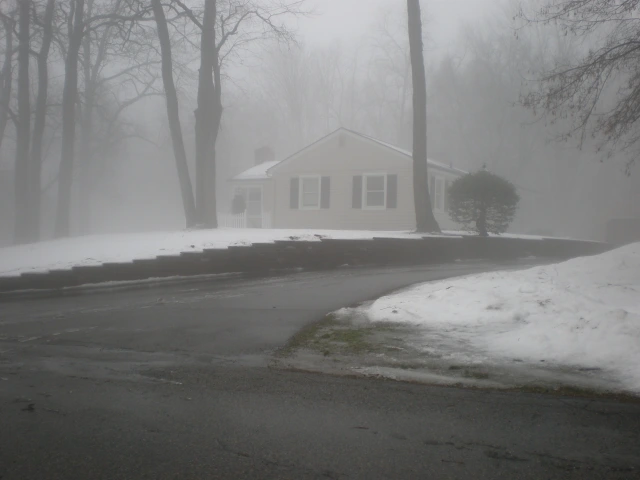
In his book “On the Road With St. Augustine,” James K.A. Smith writes about the not-at-homeness (a translation of Heidegger’s term Unheimlich) that is a familiar part of the human condition. It’s a “sense of frustration, futility, of never arriving, never feeling settled with ourselves…” We’re searching for home, in other words for a place where we are welcomed, where we belong, where we can stop striving and rest.
Smith notes that many people try to cope with not-at-homeness by distracting themselves from the sense of alienation and restlessness. We get busy, or immerse ourselves in entertainments. There’s value, though, in letting ourselves yearn for a home. Our not-at-homeness “becomes a gift that creates an opening to once again face the question of who we are.” Smith suggests we can better understand this condition by reflecting on the lives of those who are most acutely without home: the exile, the migrant, and the refugee. He thinks Augustine was aware of such alienation, since he left his African homeland to pursue his fortunes in Italy only to find that he was too African for the Italians and, once he returned to Africa, too foreign for the Africans.
The not-at-homeness that Smith describes has grown for me personally over the last few years. My greatest sense of home for most of my life came from my visits once or twice each year to my parents’ house in Michigan. In 2012, I returned there to live with them and provide care as their abilities diminished. It still seemed like home while I was there, though it had been diminished in many ways. Both of them eventually died, and I moved to Milwaukee about six months after my mom’s funeral. It’s not a place I had lived before, but is near my oldest son. It doesn’t feel like home here. Then again, there’s no other place that seems more like home, nowhere that I belong. I lived in North Carolina for over 30 years, but that almost seems like another life now. My Michigan hometown still is full of both friends and memories, but it’s definitely not home anymore.
After reading Smith’s description of not-at-homeness, I thought of the last years with my mom. She lived in the same city all her life, and died in the house she and my dad bought back in the 1950s. Had it continued to feel lite home to her, though? Her husband died eight years before she did. Her parents, best friend, and sisters were all gone. She wasn’t totally isolated: She still had some friends and talked to her children and grandchildren. But she frequently asked “Why am I still here?” Her sense of home was only tenuously related to her surroundings. Instead, she thought more and more about a home she had never visited but yearned for, where Jim and Joann and Marian and so many others she loved had gone before her, where she would meet Jesus face to face. Her favorite song in the last few weeks of her life was a plea to be brought to that place:
Precious Lord, take my hand,
Lead me on, help me stand,
I am tired, I am weak, I am worn;
Through the storm, through the night,
Lead me on to the light:
Take my hand, precious Lord,
Lead me home.
In light of her experience, perhaps my increased sense of not-at-homeness since her death isn’t unusual, but is what will happen to most of us if we live long enough. My sense of home is like a tent staked to the ground. One by one, the stakes are being pulled up. Eventually, they will all be removed, and the tent will blow away. I’ll be ready to follow it. From this perspective, the unsettledness is as Smith describes it: not a problem but an opportunity. It’s preparation for what’s to come, provision for a journey to the home that is waiting for me.

Hi Bob,
I’ve been thinking a lot about this post; the topic is one I journaled about recently. It’s something I’ve wrestled with since childhood. Hebrews gives me a theology about it but the experience and wrestling with it continue. Like you, I feel ready to go the moment God calls me.
I hope you are doing well.
dw